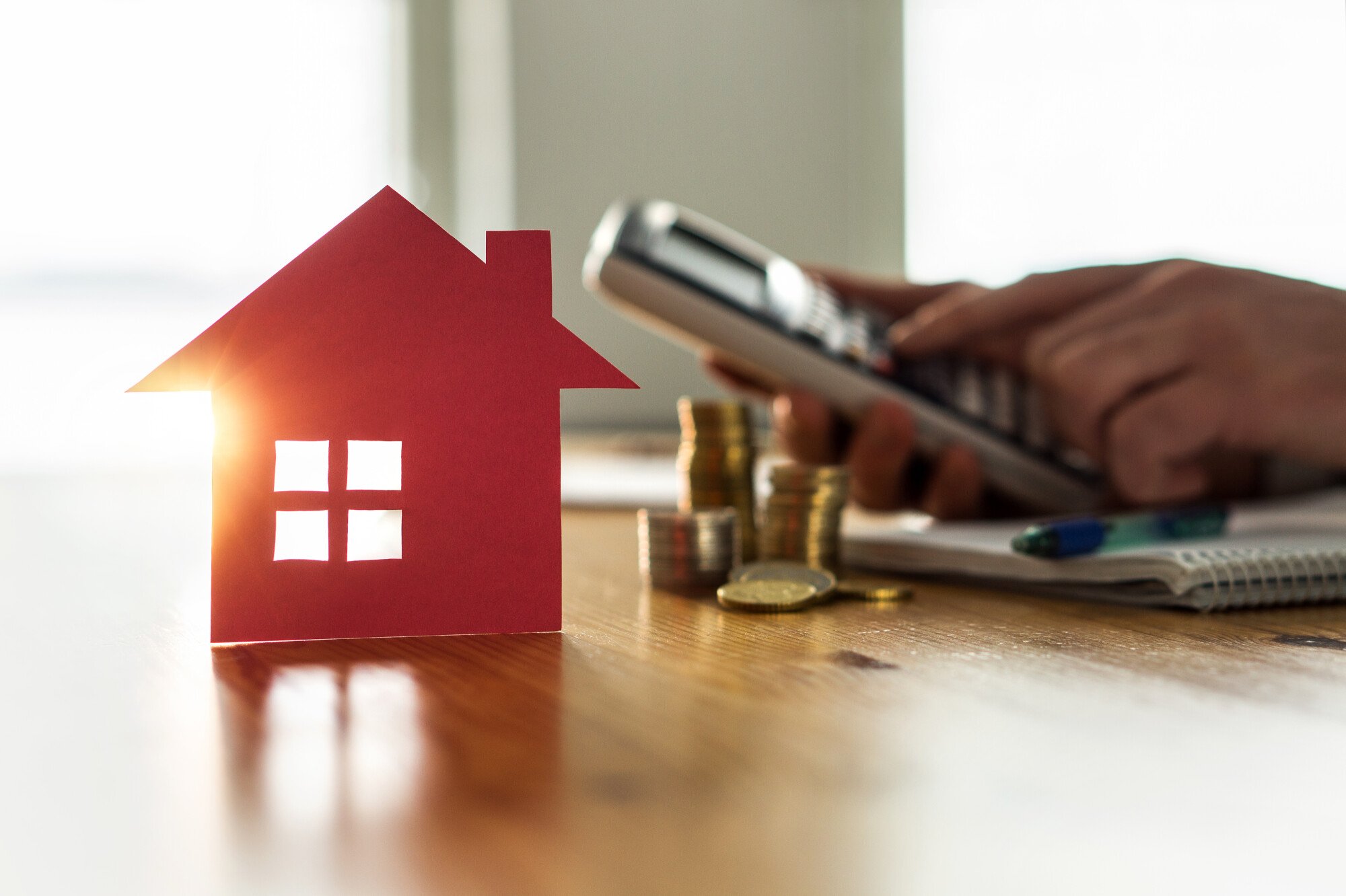8 Facts to Know About Selling a House Before 2 Years
Have you been thinking about selling your home?
If you’ve decided that it’s time to put down roots somewhere else, there are lots of logistics to think about. In addition to the ins and outs of moving, you also need to consider how long you’ve lived in your current house.
If the timeline is relatively short, there may be a few obstacles to work through. Selling a house before 2 years isn’t impossible, but it does require you to complete a few extra steps.
When you know what to do, the process is relatively simple and straightforward! Today, we’re taking a look at the implications of moving early and sharing everything you need to know.
1. You May Have to Pay Capital Gains Tax
Under the current U.S. tax laws, homeowners who decide to sell their homes within two years of the purchase data are subject to an expense known as capital gains tax. The term “capital gains” refers to how much money you make on the sale versus what you spend to purchase the property.
For example, if you bought the home for $400,000 and sold it for $500,000, then your capital gain would be $100,000.
This is a tax penalty that all homeowners who fall into this category must pay, but the exact amount can vary from state to state. In most cases, it’s a percentage of the profits you make from the sale. In addition to real estate, capital gains tax also applies to other assets sold for a profit, including stocks, bonds, cars, and boats.
Understandably, this can be a red flag for homeowners who want to get out of their property quickly but haven’t been in it for too long. The tax rate can be 0%, 15%, or 20% depending on your tax filing status, with the average rate being around 25%. If your profit climbs above $250,000, that rate could even soar as high as 30%.
2. The Length of Residency Matters
When calculating your capital gains tax, the length of time that you’ve owned your current home will also affect your penalty rate.
For instance, if you sell your home in the first year, you’ll pay short-term capital gains tax. In this case, your gains are added to your income and taxed at your standard income tax rate or tax bracket. As such, the cost can be significantly higher for some sellers.
If you wait at least two years to sell, you’ll pay a long-term capital gains tax. As mentioned, these rates can range from 0% to 20%. They’re based on your taxable income and your filing status.
Your length of residency also affects the percentage of the sale price that gets taxed. If you own the home for less than one year, then you’ll only owe taxes on 75% of the profit you make from the sale. If you’ve owned it for more than a year but less than two years, you’ll owe taxes on 50% of the profit.
3. Sale Price Is a Factor
The IRS has specific guidelines that mandate how capital gains tax can be applied. There’s a chance that you might not need to pay this penalty at all if your home sale doesn’t meet those qualifications. The most important one concerns the sale price.
To be subjected to this tax, the sale must be for more than $250,000 for a single person or $500,000 for a married couple.
4. It Applies to Rentals, Too
Many people purchase rental properties with the intent of making a passive income or having a second home for vacations. However, there may come a time when you need to relinquish that property.
If that day comes before you’ve owned the home for at least two years, you may have to pay capital gains tax on the profits you earn from the sale. Again, the total amount you’ll owe will depend on how long you’ve owned the property and your specific tax bracket.
5. You Can Avoid This Penalty
Love the idea of selling your house as quickly as possible, but worried about capital gains tax? There are a few ways you can avoid this penalty. Some of your options include:
- Stay in your home for at least two years before selling it
- Purchase a second home and live in it for at least two years before selling your first home
- Sell your home for less than you paid for it
All of these moves could make you exempt from paying capital gains tax. However, they aren’t always feasible for all homeowners.
For instance, you might not be able to afford a second home until you completely sell your first. Or, you may not be able to stay in your home longer due to work circumstances. If these situations apply to you, then it might be more feasible to look for ways to lower your capital gains instead of eliminating them completely.
6. Renting Might Be an Option
To meet the coveted two-year mark, some homeowners might consider holding onto their current property and renting it out in the interim, even if they don’t use it as a primary residence any more.
If you’re thinking about doing this, it’s important to consider the pros and cons of renting versus selling. Some of the important factors to think about include:
- Current rental market conditions in your area
- Ongoing expenses associated with owning the home
- Your personal long-term financial goals
- Costs associated with property management
It can be helpful to consult with a real estate professional or financial advisor to determine which option is more financially feasible for you and your family.
7. There Are Ways to Lower Your Capital Gains
To reduce your capital gains tax penalty, you have to look for ways to lower the amount of taxable income you receive from the sale of your home. Here are a few ways to do so.
Deduct Capital Losses
A capital loss is a loss on the sale of a capital asset, such as a house. You can deduct these from the profits you make on your home sale.
For example, you might sell your house for $450,000 but you have a capital loss of $200,000. In that case, your taxable income from the sale would only be $250,000.
Factor in Depreciation for Rentals
Rental homes can depreciate over time. If the value of your home is lower today than it was when you bought it, then you can deduct that difference from your taxable income. To do so, you’ll need to claim the depreciation on IRS Schedule E.
Claim the Primary Residence
If the home you’re selling is your primary residence, you can exclude up to $250,000 of the profits you make from capital gains tax. For couples who are married and filing jointly, that amount could be as high as $500,000.
Note that this exemption is only available to home sellers once every two years.
Deduct Cost Basis
In tax terms, cost basis refers to how much money you paid to complete the sale of a property. This usually includes expenses such as real estate agent fees and closing costs.
To lower the taxable income on the sale, add all of those costs together and claim them on Schedule D: Capital Gains and Losses.
Don’t Forget Exclusions
For eligible homeowners, failing to calculate exclusions could mean leaving money on the table during a home sale. If you have any of the following, they may help lower your overall taxable income:
- Depreciation deductions
- Unrealized gains from stocks
- Charitable contributions (using money made from property appreciation)
8. Selling Your Home for Cash Could Be a Way Out
No, selling your home for cash doesn’t guarantee you an automatic tax exemption. When you go this route, you may still have to pay capital gains tax.
In this case, the buyer would simply pay you for the total amount of the sale. The total you receive does not include any extra taxes or fees that you have to cover. However, there is a way to avoid this tax altogether, even if you’re selling before the two-year mark.
That is to sell your house for less than you originally paid for it. Especially if your home needs repairs or extensive remodeling, this can be a quicker and more effective way to go. Cash buyers will purchase your house in as-is condition, without requiring you to sink more money into it before you get out.
When your only goal is to sell, this is a great way to achieve that aim. If you live in or around Memphis, TN, you can learn all about our process to get started!
Selling a House Before 2 Years? Call Us
Ideally, all homeowners would be able to follow the 5 year rule and stay in their homes as long as possible. Yet, we know that’s not always how it works. Whether you need to move for personal or professional reasons, you deserve to get out on your own terms.
Our team is dedicated to making this process as seamless and stress-free as possible for you. We will buy your house for cash, no questions asked. This could help lower your taxable income on the sale or even eliminate it completely.
If you’re selling a house before 2 years, reach out to us today for a free cash offer!


